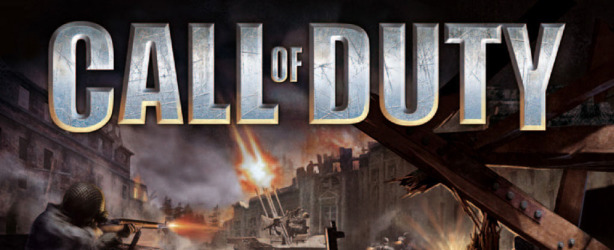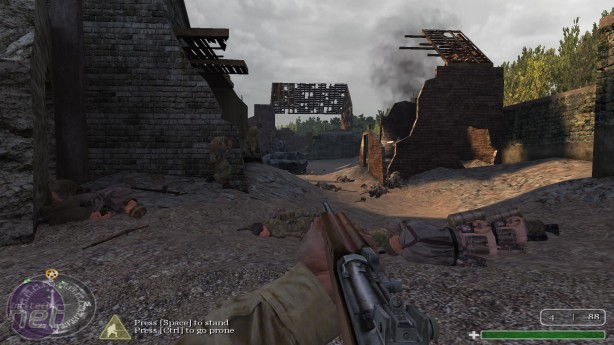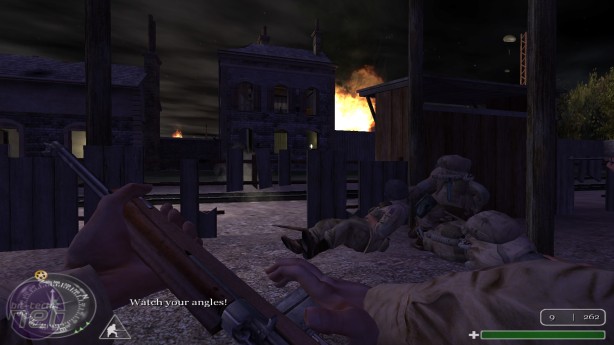

Ten Years On: Call of Duty
It's strange how events sometimes come full circle. After releasing Modern Warfare 2 in 2009, Infinity Ward heads Jason West and Vince Zampella departed their enormously successful development company under the cloud of their overbearing publisher Activision, to join EA and form Respawn entertainment, who are currently putting the finishing touches on the very exciting looking Titanfall. Yet it was a very similar chain of events that led to the creation of Call of Duty in the first place. In 2002 Zampella and West left 2015 Inc, the creators of Medal of Honor: Allied Assault, which was published by EA, to found Infinity Ward, a company funded by Activision.That is to say, there was a time when Call of Duty was the plucky up and comer, the Cassius Clay to Medal of Honor's Sonny Liston. In the space of eighteen months Call of Duty went from not existing at all to being widely regarded as the best FPS on the planet, and from there the series' rise has been nothing short of stratospheric, enjoying enormous success year upon year. Whatever you may think about the more recent annual entries, there's no questioning Call of Duty's hit-rate, from a financial perspective at least.
But what of the original? That speedily made, astonishingly successful, fondly remembered FPS that floated like the Tirpitz and stung like a Russian artillery barrage? How have the years treated it? Well, it's a curious one, because Call of Duty has in its genetic makeup both the last hurrah of the Classic FPS and the newer, military-minded, explosively cinematic and ethically murky shooter.
It's surprising to look back and see how much of a mongrel Call of Duty is. One the one hand, it's a shooter that still uses medpacks as a way to give the player health. Grenades need to be switched to in order to throw them, rather than having a single button assigned to that task, and there's no sprint key, which today feels like missing a foot. On the other, it features aiming down the sight and proudly informs you that you never have to try to open a door in the entire game, because why spend time opening doors when you could be shooting at whatever's on the other side (spoiler: it's Germans).
Call of Duty's straddling of both the old school of thought and the new has no bearing on its ability to dazzle and thrill, however. Its heavily modified Quake III engine might have aged considerably, but the bombast certainly hasn't. The first mission, which sees you parachuting into a field in occupied Normandy, stays quiet just long enough to tense your shoulders before a nearby farmhouse erupts with MG42 fire, forcing you to fall flat onto your stomach behind a perilously low stone wall, as bullets kick up soil from the ploughed furrows around you.
It remains a phenomenally loud and intense experience, and its most dramatic scenes still hold water, which is just as well otherwise you'd sink in Call of Duty's most iconic moment, the crossing of the Volga during the battle for Stalingrad. Here your boat is strafed by gunfire from Stuka Divebombers, and your fellow soldiers, desperate to escape, are shot by their own commandants as they leap into the water. This is followed by a brutal climb up a steep ashen hillside being pummelled by MG42's, also conveniently the only time you're without a weapon in the entire game. The artillery barrage called in at the end of this level is thunderous enough to make your skull shudder.

MSI MPG Velox 100R Chassis Review
October 14 2021 | 15:04











Want to comment? Please log in.